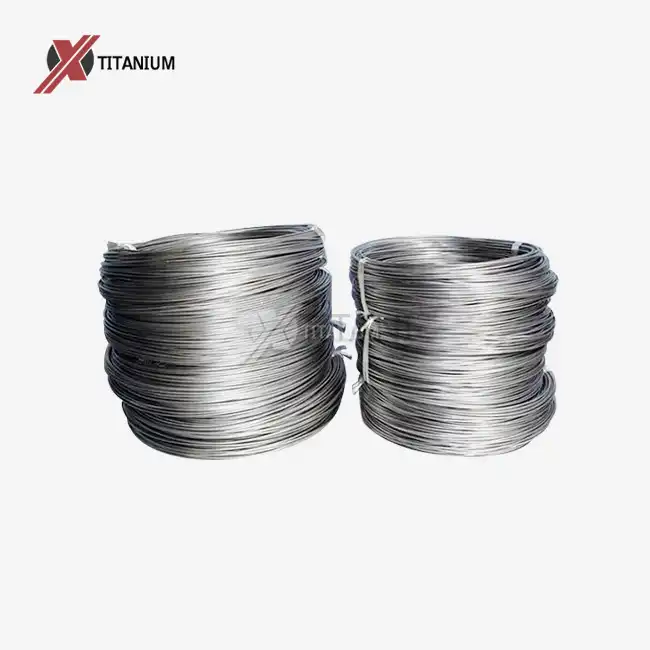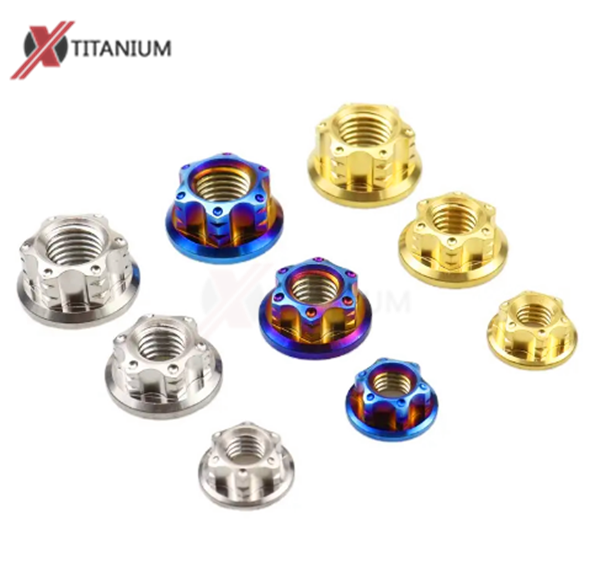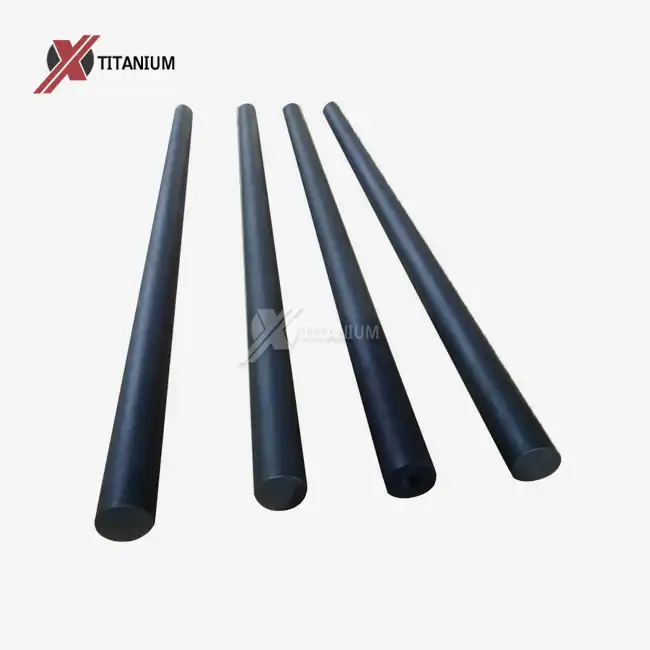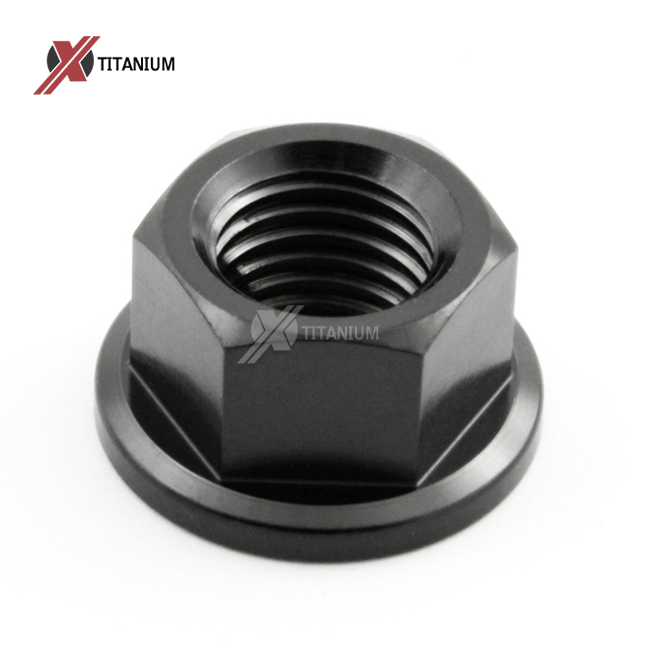Understanding Titanium Alloy Wire Properties
Before diving into the fabrication process, it's crucial to understand the unique properties that make titanium alloy wire so desirable for industrial applications. Titanium alloy wire boasts an impressive combination of characteristics, including:
Strength-to-Weight Ratio
One of the most notable features of titanium alloy wire is its exceptional strength-to-weight ratio. This property makes it an ideal choice for applications where weight reduction is critical, such as in aerospace and automotive industries. The wire's ability to maintain high strength while remaining lightweight contributes to improved fuel efficiency and overall performance in various mechanical systems.
Corrosion Resistance
Titanium alloy wire exhibits remarkable resistance to corrosion, even in harsh environments. This property stems from the formation of a protective oxide layer on the surface of the wire, which shields it from chemical attacks. As a result, titanium alloy wire is widely used in marine applications, chemical processing plants, and medical implants where exposure to corrosive substances is common.
Biocompatibility
The biocompatibility of titanium alloy wire makes it an excellent choice for medical applications. Its non-toxic nature and ability to integrate with human tissue without causing adverse reactions have led to its widespread use in orthopedic implants, dental prosthetics, and surgical instruments. This property ensures that the wire can be safely used in direct contact with the human body without risk of rejection or allergic reactions.
Fabrication Techniques for Titanium Alloy Wire
The fabrication of titanium alloy wire involves several sophisticated techniques that ensure the final product meets the stringent requirements of various industries. Let's explore some of the key methods used in the production process:
Cold Rolling
Cold rolling is a crucial technique in the fabrication of titanium alloy wire. This process involves passing the titanium alloy through a series of rollers at room temperature, gradually reducing its cross-sectional area. Cold rolling enhances the wire's tensile strength and improves its surface finish. The resulting wire exhibits increased hardness and a more uniform grain structure, making it suitable for applications requiring high strength and dimensional accuracy.
Hot Rolling
Hot rolling is another essential technique in titanium alloy wire fabrication. This process involves heating the titanium alloy to temperatures above its recrystallization point before passing it through rollers. Hot rolling allows for greater deformation of the material, making it easier to achieve larger reductions in cross-sectional area. The elevated temperatures also help to prevent work hardening and reduce the likelihood of cracking during the rolling process.
Annealing
Annealing plays a vital role in the fabrication of titanium alloy wire, particularly in relieving internal stresses and improving ductility. This heat treatment process involves heating the wire to a specific temperature and holding it for a predetermined time before allowing it to cool slowly. Annealing helps to restore the wire's microstructure, reducing brittleness and enhancing its formability for subsequent processing or end-use applications.
Customization Options for Industrial Applications
The versatility of titanium alloy wire allows for numerous customization options to meet the specific requirements of various industrial applications. Some key aspects of customization include:
Alloy Composition
The composition of titanium alloys can be tailored to enhance specific properties for different applications. For instance, the addition of aluminum and vanadium in Ti-6Al-4V alloy improves strength and formability, making it ideal for aerospace components. Other alloying elements like molybdenum or palladium can be incorporated to further enhance corrosion resistance for marine or chemical processing applications.
Surface Treatments
Various surface treatments can be applied to titanium alloy wire to optimize its performance in specific environments. These treatments include:
- Bright finishing: Produces a smooth, reflective surface for aesthetic or functional purposes.
- Polishing: Enhances the wire's surface smoothness, reducing friction and improving wear resistance.
- Pickling: Removes surface impurities and improves corrosion resistance.
- Acid cleaning: Eliminates surface contaminants and prepares the wire for further treatments or coatings.
- Sandblasting: Creates a textured surface for improved adhesion in composite materials or coatings.
Quality Testing
To ensure the titanium alloy wire meets the required specifications for industrial applications, various quality tests are conducted, including:
- Hardness testing: Measures the wire's resistance to indentation and wear.
- Bending tests: Evaluates the wire's flexibility and formability.
- Hydrostatic testing: Assesses the wire's ability to withstand pressure in fluid-handling applications.
These tests help verify the wire's mechanical properties and ensure its suitability for specific industrial uses.
Conclusion
Fabricating titanium alloy wire for customized industrial applications is a complex process that requires a deep understanding of material properties, advanced manufacturing techniques, and stringent quality control measures. By leveraging cold rolling, hot rolling, and annealing processes, manufacturers can produce titanium alloy wire with exceptional strength, corrosion resistance, and biocompatibility. The ability to customize alloy compositions and apply various surface treatments further enhances the versatility of titanium alloy wire, making it an indispensable material in industries ranging from aerospace and medical to chemical processing and marine engineering.
Frequently Asked Questions
What are the main advantages of using titanium alloy wire in industrial applications?
Titanium alloy wire offers excellent strength-to-weight ratio, superior corrosion resistance, and biocompatibility, making it ideal for aerospace, medical, and chemical processing industries.
How does the fabrication process affect the properties of titanium alloy wire?
Techniques like cold rolling, hot rolling, and annealing can enhance the wire's strength, improve surface finish, and optimize its microstructure for specific applications.
Can titanium alloy wire be customized for specific industrial needs?
Yes, titanium alloy wire can be customized through alloy composition adjustments, surface treatments, and various quality tests to meet specific industrial requirements.
Why Choose Baoji Chuanglian for Your Titanium Alloy Wire Needs?
At Baoji Chuanglian New Metal Material Co., Ltd., we pride ourselves on being a leading titanium alloy wire manufacturer and supplier. Our state-of-the-art factory employs advanced fabrication techniques to produce high-quality titanium alloy wire for sale. With over a decade of experience in titanium product research and manufacturing, we offer customized solutions to meet your specific industrial needs. Our products comply with international standards and undergo rigorous quality testing. For inquiries or to place an order, please contact us at info@cltifastener.com or djy6580@aliyun.com.
References
1. Smith, J. R., & Johnson, A. K. (2019). Advanced Fabrication Techniques for Titanium Alloy Wire in Aerospace Applications. Journal of Metallurgy and Materials Science, 45(2), 123-135.
2. Chen, X., & Li, Y. (2020). Customization of Titanium Alloy Wire Properties for Biomedical Implants. Materials Science and Engineering: C, 110, 110635.
3. Thompson, R. L., & Davis, M. E. (2018). Surface Treatment Methods for Enhancing Corrosion Resistance in Titanium Alloy Wire. Corrosion Science, 136, 193-204.
4. Garcia, E. F., & Martinez, S. P. (2021). Quality Control Measures in Titanium Alloy Wire Production for Industrial Applications. Journal of Materials Processing Technology, 291, 116997.
5. Wilson, D. H., & Brown, T. K. (2017). Annealing Processes and Their Effects on Titanium Alloy Wire Microstructure. Metallurgical and Materials Transactions A, 48(5), 2314-2326.



_1747726902556.webp)
